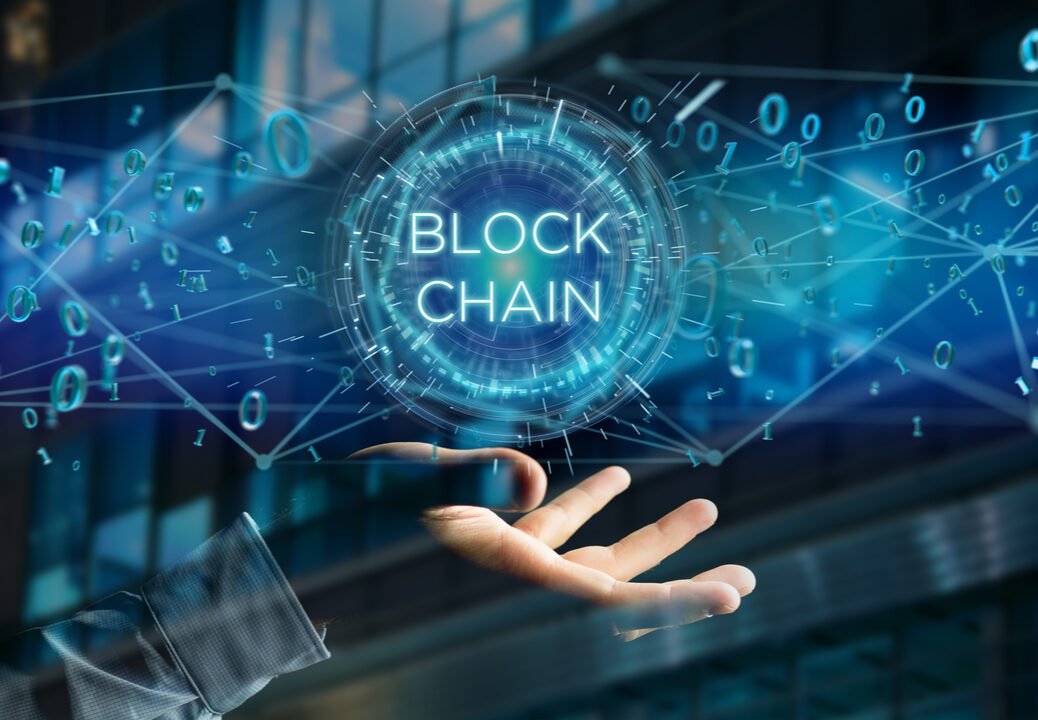What is Blockchain? And Why should you know about it?
A blockchain is a growing list of records, called blocks, that are securely linked together using cryptography. Each block contains a cryptographic hash of the previous block, a timestamp, and transaction data (generally represented as a Merkle tree, where data nodes are represented by leaves). The timestamp proves that the transaction data existed when the block was published to get into its hash. As blocks each contain information about the block previous to it, they form a chain, with each additional block reinforcing the ones before it. Therefore, blockchains are resistant to modification of their data because once recorded, the data in any given block cannot be altered retroactively without altering all subsequent blocks.
Blockchains are typically managed by a peer-to-peer network for use as a publicly distributed ledger, where nodes collectively adhere to a protocol to communicate and validate new blocks. Although blockchain records are not unalterable as forks are possible, blockchains may be considered secure by design and exemplify a distributed computing system with high Byzantine fault tolerance.
In the following video, you can see how a blockchain impact our society:
Applications of Blockchain:
- Cryptocurrencies
- Smart Contracts
- Financial Services
- Games
- Supply Chain
Cryptocurrencies
Most cryptocurrencies use blockchain technology to record transactions. For example, the bitcoin network and Ethereum network are both based on blockchain. On 8 May 2018 Facebook confirmed that it would open a new blockchain group which would be headed by David Marcus, who previously was in charge of Messenger.
Smart Contracts
Blockchain-based smart contracts are proposed contracts that can be partially or fully executed or enforced without human interaction. One of the main objectives of a smart contract is automated escrow. A key feature of smart contracts is that they do not need a trusted third party (such as a trustee) to act as an intermediary between contracting entities -the blockchain network executes the contract on its own. This may reduce friction between entities when transferring value and could subsequently open the door to a higher level of transaction automation.
Financial Services
Banks are interested in this technology not least because it has the potential to speed up back office settlement systems. Moreover, as the blockchain industry has reached early maturity institutional appreciation has grown that it is, practically speaking, the infrastructure of a whole new financial industry, with all the implications which that entails.
Games
Blockchain technology, such as cryptocurrencies and non-fungible tokens (NFTs), has been used in video games for monetization. Many live-service games offer in-game customization options, such as character skins or other in-game items, which the players can earn and trade with other players using in-game currency.
Supply Chain
- Precious commodities mining
- Food supply
- Fashion industry
